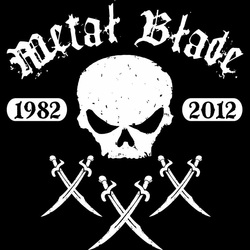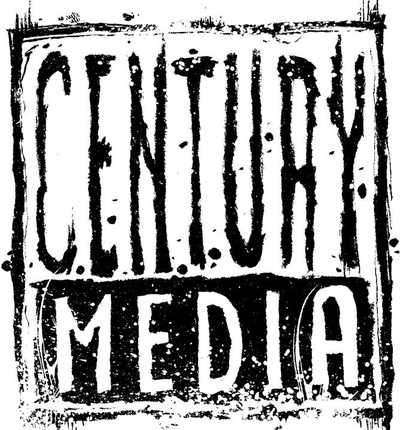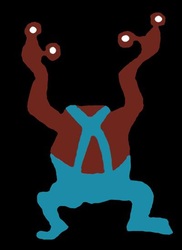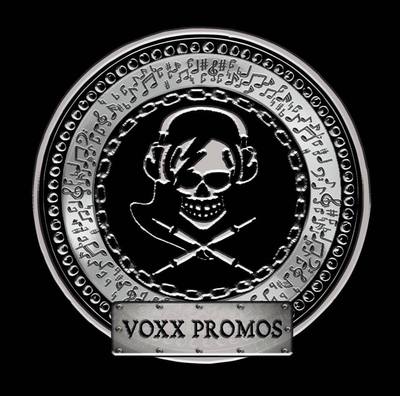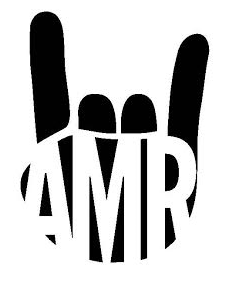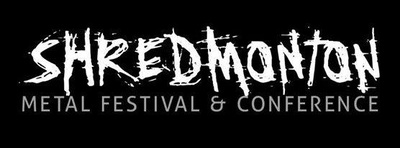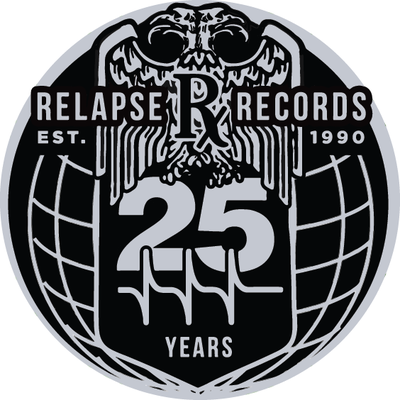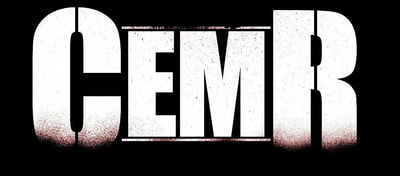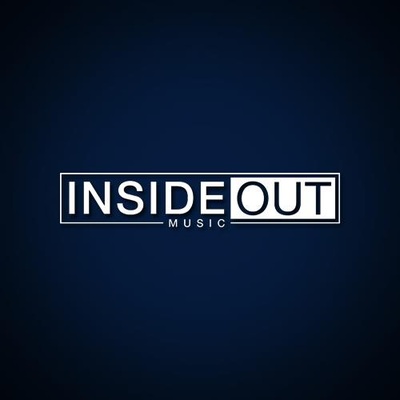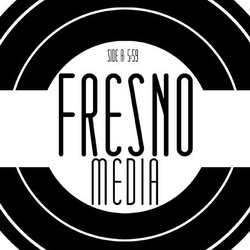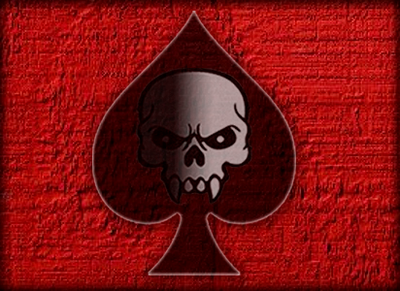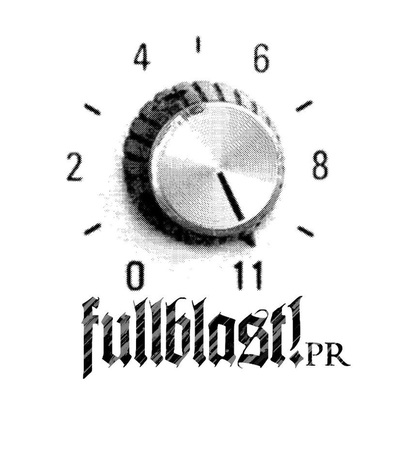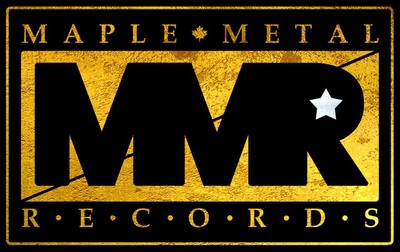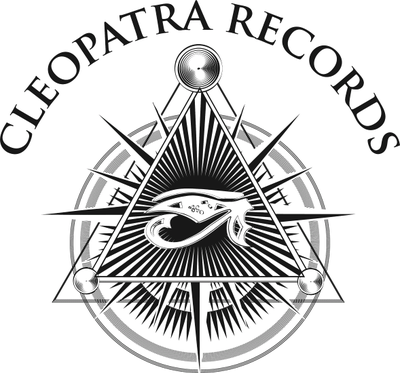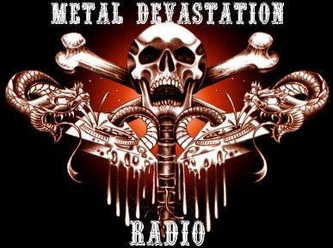| Written by Xavier Cattarinich TRACK LISTING Prelude To Depression And God Created Woman... Then Created You Darkness & Empty Shadows Dead Inside Necrosis Knight In Shining Armour Broken Heart Syndrome Another Sad Story And God Created Woman... Then Created You (Instrumental) Darkness & Empty Shadows (Instrumental) Dead Inside (Instrumental) Necrosis (Instrumental) Knight In Shining Armour (Instrumental) Broken Heart Syndrome (Instrumental) Another Sad Story (Instrumental) And God Created Woman (Demo) Darkness & Empty Shadows / Emptiness (Demo) Dead Inside (Demo) Necrosis (College Recording) Broken Heart Syndrome (Demo) Knight In Shining Armour (College Recording) And God (First Studio Take) And God Created Woman (First Ever Song Demo) | Release Date: April 1, 2018 Label: Unsigned Buy Album Here: CD Baby / Google Play Music Album also available on Spotify and Deezer |
What do we get in the new package?
For starters, and intro track “Prelude To Depression” notwithstanding, we get a minimum of two, and as many as four versions of each track from the original Too Late For Roses. One remastered version with vocals (as per the 2016 release), one strictly instrumental version, and then a total of eight demos, college recordings and first takes. Whereas Beauty clocked in at a jaw-dropping 109 minutes, the re-release of Too Late For Roses consists of twenty-three tracks running in excess of two and half hours. With the exception of the three-minute long opening piece, every other song on the album ranges between 5:27 and 9:26 in length, with the majority lasting between 6:00 and 8:00. That’s a hell of a lot of music. Yet, as I pointed out in my review of Beauty, there can be a fine line between a lot of music... and too much.
Let’s get one thing straight: Daw’s music is the undisputed star of this album. Six years prior to the completion of Beauty, at the ripe old age of sixteen, the lad already had exhibited exceptional compositional skills (see demos at the end of Too Late For Roses). He plays every instrument on Roses—guitars, keyboards, drums, bass. The music on Roses is as good as that on its successor. There are fewer individual songs and each one therefore stands out that much more readily from the others. There is less redundancy, and no drag.
Too Late For Roses and Beauty Is In The Eye Of The Beholder share a great deal in terms of atmosphere and style. I would go so far as to say that musically, Daw has his own signature progressive death meets metalcore sound, and I dig it. There isn’t a single wanky or self-indulgent note to be heard on either album. Daw’s focus is on the cohesion of each song and its contribution to the greater whole, not on showing off how fast he can shred. I appreciate the master-level restraint he shows at the musical/compositional level.
Instrumental intro “Prelude To Depression” sets the mood with a heart rate monitor that gradually goes out of sync with the emergent notes from a music box, delicate, dissonant piano and subtle percussion. As the monitor flatlines, the track explodes into heavy grooves layered with atmospheric keys. The song grows steadily darker as it lumbers toward its anguished climax. Dead inside, our protagonist’s mind spirals ever downward into the depths of despair.
The following seven tracks expand on the story of a man crushed by rejection. He blames the woman that is the object of his infatuation for his torment, contemplates suicide, and conjures revenge fantasies involving her damnation and suffering. Charming. Truth be told, I never would have deciphered the details of the story had Daw not been so kind as to provide me with the lyrics, which I only read after listening to the album a few times. I don’t take the subject matter on Too Late For Roses lightly.
The intriguingly titled “And God Created Woman... Then Created You” picks up where the prelude left off. It opens with a hint of feedback, followed by a lone, delayed lead guitar crying out from the darkness. The track then pulls the listener into a metalcore maelstrom accentuated by melodic finger picking and the delayed echo of dissonant guitars. The mix screams of tragedy and agony. It’s awesome. Then, session vocalist Mike Bradbury vomits some of the most virulently misogynistic lyrics that I’ve ever heard into this otherwise brilliant soundtrack to emotional turmoil. This is where things start to fall apart for me. Some of the vomit splatters on my shirt. Yet the maelstrom spits most of it, chunks and all, back in the faces of Bradbury and especially Daw, who penned the lyrics to this song.
Here’s an excerpt:
If only you’d remember, but you would have to lose your pride.
When will you see that your [sic] just another pretty face.
And to everyone else, it’s just your holes that they crave.
I know I fucked up, but at least I know I tried.
But at the end of the day, I smashed you everywhere, you harlot.
I wish you’d have suffocated on my dick.
I wish you’d just die.
I’m thoroughly unimpressed. Cannibal Corpse’s “shocker” influence is written all over the lyrics, and if you’re into that, then more power to you. I’m not, and yes, lyrics matter to me. If Daw’s intent is to shock for the sake of shocking—which I don’t think it is—then I’m afraid that’s been done to death and nothing in the above excerpt is clever, original, or funny. I’ll have more to say concerning lyrics a few paragraphs down, on the presumption that Daw’s lyrics are meant to be taken seriously.
In spite of my disdain for the words to “And God Created Woman... Then Created You,” as well as for Bradbury’s harsh vocals (I’ll admit to being very selective with regards to guttural vocals I appreciate), repeated listens draw some dynamic and pretty cool passages to my attention: staticky, frantic spoken word, “harmonized” shrieks, and digital voice effects all emphasize the protagonist’s disturbed state of mind, which I otherwise find dulled by the prominence of muddied grunts. Still, the sporadic echoes of dissonant guitars, as well as other subtle arrangements and seamless transitions, keep me interested. At this point, the godless commie in me is praying that the remainder of the album will see the protagonist going on a journey toward more rational self-reflection.
From the first note, “Darkness & Empty Shadows” sounds promising. Alexa Coleman’s vocals contribute much needed contrast to the album, as do the spiritual tones of the heavily processed acoustic guitar/synth in the song’s opening section. Yet rather than providing insights into the female character’s own thoughts and feelings, Coleman’s part only serves as a reminder of what the protagonist has lost (or thinks he has lost), thus reigniting the monster raging within Bradbury. We are left with no doubt: the woman is to blame for everything. Echoing croaks and down-shifted laments break-up the sameness of the death grunts, and the piece’s complex structure and multi-faceted arrangements remain solid. Lyrically, though, I remain unimpressed.
“Dead Inside,” arguably the heaviest track on the album, opens with a sample declaring: “right now you’re feeling helpless.” It then pulls the listener into a miasma of self-pity. The song introduces guest vocalist Joe Pagan, who also appears on the final number, “Another Sad Story.” It features the only easily discerned guttural words this side of the final track (with vocals), “I just want to die,” repeated breathlessly over and over.
The compelling “Necrosis” starts off with Bradbury roaring over lumbering grooves before the rhythm section shifts into high gear. Soaring transitions lead into the gripping chorus featuring Coleman’s return. Her melodies hold up against the accelerating tempo, and the digital effects on her voice take Too Late For Roses to new musical heights. Unfortunately, Coleman’s character goads the suicidal protagonist (at least in his mind); she is yet again relegated to singing lines that reaffirm the protagonist’s construction of reality, and that “justify” his grievances. Bradbury’s rants do at times engender compassion toward the protagonist:
So here I am with all my insecurity.
All of my imperfection crying out to someone.
That just won’t listen.
If you lent me your ears, I would have lent you my mind.
Then you would have discovered you were the only thing.
Missing from my life.
One can’t deny the genuine vulnerability and hurt being expressed here, the cry for help, coupled with pathological obsessiveness. The following track, “Knight In Shining Armour,” finds our deluded protagonist seeing himself as the virtuous titular figure. His attire rusted away by hardship and misery, he vows to rise again, as a phoenix from the ashes. He certainly does not come across as an honourable protector or egalitarian-minded chap when he proclaims: “Forevermore your [sic] just a peasant and I’m infinitely stronger.” Anakin Skywalker has become Darth Vader, magnified one hundredfold, judging by the intensity of the hatred expressed throughout the album. Yet by the conclusion of that same song, our knight confides the following in exceptionally heart-wrenching spoken word: “I am ashamed of the person I have become / Can someone please help me?” Powerful stuff. Coleman’s vocals shine once more on this song, but the lines she sings seem odd, as though she is now condemning herself (e.g., “You will be the architect of your own demise,” which clearly is the protagonist’s own prophetic statement). In “Broken Heart Syndrome,” the protagonist finally comes to the realization that “You were never my possession,” and, just as importantly, reflects on the impact his suicide would have had on his family had he pursued his self-destructive trajectory to the end. He chooses life, to find support and comfort among family and friends, and trusts that karma will give the former object of his infatuation the fate she “deserves.”
Book-ending the original album, “Another Sad Story” opens with a sad melody from a music box. While the song alternates between heavy and exquisitely delicate passages, I deem Coleman’s performance and the mix on this one uneven, even jarring at times. Joe Pagan subs in for Mike Bradbury, and I find myself preferring Pagan’s raspier vocals to Bradbury’s hyper Cookie Monster style. Throughout most of the album, Bradbury sounds like he’s trying way too hard to be “evil” and “angry” without sufficient variation in pitch and tone; his inarticulate grunts make it hard for me to take his performance seriously. Conversely, I can actually understand every word Pagan barks without referring to a lyric video, and he still sounds heavy as hell. Yet even this far into the record, the lyrics brim with anger and continue to heap one-sided blame and recrimination on the nameless woman.
Daw’s hip-hoppy spoken word conclusion to “Another Sad Story” sums up the protagonist’s motivations:
This is just another sad story, another message to be read.
This is why I wrote this album, to make people feel how I felt.
To make people listen, I hope you all have listened.
If only she could have lent me her ears, I would have lent her my mind.
To make someone listen to you is such a hard thing.
When they have no intention of doing so.
Ironically, it may be difficult for people to hear the message if they can’t make out most of the words and don’t want to go hunting for lyric videos. I, for one, don’t believe that a woman should ever be obligated to lend her ear, much less surrender herself to each and every self-proclaimed (and obsessive) “knight in shining armour” that throws himself at her. Given the invective scattered throughout the album, have you ever considered, sir knight, that the lady might be scared of what’s in your mind? Might that be why she left you in the first place? Just calling it as I see it, reading between the lines in the lyrics. Yes, heartache, rejection and loneliness suck. I’ve experienced my share over the years, and it can be unbearable. Yes, people can and should strive to be sensitive to the frailties of others when they can, especially where emotional rejection is involved. Yet I’m under no illusion that such is always possible, especially with obsessive types. Everyone processes emotions in their own way, and some are more easily overwhelmed by rage, unshakeable delusions, and depression than others, either due to biology, inadequate coping skills, or a host of socio-psychological factors. I think we’re doubly vulnerable to feelings of intense rejection during adolescence and early adulthood, or when marginalized. Some act on their violent or self-destructive impulses. Fortunately, most do not.
Music and art admittedly can play an essential role in achieving healthy catharsis, sometimes via aggressive fantasies that never play out beyond their artistic expression. I would go so far as to say that the most powerful art stems from negative emotions, which is why I relate to heavy metal so well. Many art forms intend to challenge, to perturb, to inspire, to make one contemplate. Perhaps more so than any other musical genre, extreme metal delves deep into the blackest and most disturbing aspects of the psyche—for better and for worse. Beware of what you’ll unleash down there.
That said, the lyrics on Too Late For Roses come across as overly dramatic and lacking in maturity. Every song repeats the same refrain, with minor variations: woe is me, that woman broke my heart, it’s all her fault that I’m so lonely, now I just want to die and she deserves to suffer horribly for my pain. End result? Without getting the full picture—but acknowledging that all tales of heartache have at the very least two perspectives and that we’ve only been exposed to the male protagonist’s perspective throughout this recording—I side 100% with the unknown woman toward whom so much negative energy has been channeled, if only due to the protagonist’s inability to acknowledge a single objectionable thing that he might have done during or after the courtship. Sure man, you were pure and utterly innocent—I’m supposed to believe that of a “knightly” guy who brags that he “smashed” the object of his infatuation everywhere, and wishes that she had died by suffocating on his dick, as per “And God Created Woman... Then Created You”? The same guy who said “I know I fucked up but at least I know I tried” in the same song, but never tells us exactly how he fucked up? Can you sense my eyes rolling? If the lyrics on this album reflect the protagonist’s thought process and feelings when an object of infatuation does not respond the way he wants, then I suspect that the unnamed woman at the heart of the story was able to perceive how obsessive he was, and thus had been creeped out by him. I too would have wanted to put as much distance between myself and an unstable admirer, had I been the woman.
Too Late For Roses may be framed as a psychological survival story, but that doesn’t emerge as its primary theme. Come the epilogue in “Another Sad Story,” the protagonist remains too stunted in his emotional growth for the story to be an effective critique, too hateful for his tale to be about survival and healing. If it was intended as a critique of obsessive and misogynistic male behaviour towards women, then it fell far short in its self-reflections and condemnations to be credible. If it wasn’t intended as a critique, then it is what it is: a misogynistic reverie, for which Daw admittedly might not have considered the full ramifications of his narrative.
It’s worth pointing out that the female character’s anonymity throughout the record is highly symbolic of the way some psychologically maladjusted men scapegoat “faceless” women for their emotional isolation and inner turmoil, thereby legitimizing violence against all women. Even though the protagonist never puts his fantasies into motion, the blatant misogyny expressed throughout the album takes away any sympathy I might have had for him, and any enjoyment I might have experienced from the music alone. I can’t unhear what I have heard, or unread what I have read.
However distasteful its lyrical content, and its inspired music notwithstanding, I still find artistic merit in Daw’s endeavour. Too Late For Roses is an extremely raw and brutally honest portrait of one young man’s pathological obsession with a woman, and of his ugly reaction when she rejects him. It’s an unsettling snapshot of that man’s inner turmoil at a particular moment in time. Its main theme is tough to explore, the desperation and confusion within the protagonist palpable. There’s nothing pretty here, nor should there be. While I am glad that his emotional journey led him to a place where he could choose life over suicide, that he could at last acknowledge that the woman never was his “to possess,” and that he never went so far as to enact any violent fantasies, the way Daw and writing partners Bradbury and Pagan chose to articulate the broader narrative leaves me uneasy. Are we to accept that men are incapable of expressing their negative emotions stemming from rejection in anything other than hateful, misogynistic terms?
Regardless of one’s point of view on the album’s lyrics, it might prove a useful conversation piece, given the current socio-political climate regarding free speech, arguments for and against political correctness, public discourse on sexual violence and harassment, the emergence of the #Metoo movement, and the growing fear of being disenfranchised among segments of the male population in western countries. No matter how “honest,” “spontaneous” and “personal” the material on Too Late For Roses may be, misogyny is not something anyone should ever take lightly. It’s lame and has no redeeming qualities whatsoever. Moreover, the moment a “personal” work of art is made public, it becomes fair game for social critique. Although censorship isn’t a constructive solution here, I can’t help but wonder how Daw will feel about Too Late For Roses ten or twenty years from now. Metal’s greatest strength arguably is its potential to broaden minds and inspire positive social change, not to reinforce narrow ways of thinking.
As for the instrumental and demo/early versions of songs on the remixed/remastered release, I’ve already stated that Daw is a brilliant composer and gifted performer. His instrumental versions are, as a whole, more enjoyable to me than those with vocals (ignoring lyrics altogether). If you like the option of creating your own playlist, whether trimming down the album to tracks with/without vocals or mixing and matching your favourites, then you’ll get more than your money’s worth from a musical point of view. If you don’t like making playlists, or only like one set of songs, then you might be annoyed.
The eight extra demos and “college versions” of songs, included to showcase the album’s progression between 2012 and 2016, are completely unnecessary and make an already long collection far too long. Don’t get me wrong, there are interesting differences between some earlier and later versions of the songs, and Daw’s evolution as a young artist over a four year span is remarkable. Still, the demos will be of historical interest only to Daw himself, his family, and whoever else contributed to the recordings. I despised the addition of previously unreleased demo tracks and old mixes to the remastered versions of King Diamond, Mötley Crüe, Megadeth, and post-Dio Black Sabbath albums (among countless others) that hit store shelves over the past two decades, as they made jarring transitions from the main album. The logic of feckless bean-counting music label execs aside, why finish with vastly inferior versions of great songs that the listener just heard on the same record minutes ago? While some die hard fans of established groups may enjoy the before-and-after comparisons, Daw is nowhere near far enough into his career to take this gamble, even though most of his demos and “first/only takes” arguably are of better quality and greater sophistication than those of the previously mentioned stars. My two cents, Phil? In the future, keep the demos to yourself, or release them as part of a separate deluxe edition.
I could easily have scored Too Late For Roses a 7.5 - 8 out of 10 on the strength of its music alone. While earlier in my review I stated that Daw does not play a single overindulgent note in any of the songs, the duplicate, triplicate and even quadruplicate presentation of all but one song on this release is absolute overkill. That, combined with the immaturity conveyed in the heavy-handed and misogynistic lyrics, added in turn to my dislike for Bradbury’s brand of harsh vocals, drops my rating to a 4/10. I pray that if Daw does proceed to release a version of Beauty Is In The Eye Of The Beholder with vocals, that the lyrics will strike a better balance between deeper thought and raw emotion, as his atmospheric compositions deserve.
To readers and listeners at large... Feel like your emotions are spinning out of control? Then please contact your local crisis help line if you have no one else to talk to. You need not work through your pain alone. As Daw so rightly concludes on Too Late For Roses, there is no need to hurt yourself, or anyone else, regardless of what they may have done to you. For me, the lows on Too Late For Roses outweighed the highs. Yet, I have faith, Mr. Daw, that you are capable of so much better, even though I’ll be first to agree that you shouldn’t make art with the aim of pleasing critics, myself included. Chin up, eyes to the horizon!
Highs: Daw’s musicianship and his dynamic compositional and production skills—the arrangements on every piece are brilliant; Daw’s emotionally compelling spoken word passages; Alexa Coleman (melodies and contrast); application of interesting digital effects to vocals.
Lows: Melodramatic, misogynistic lyrics and thematically redundant songs; the prominence of Bradbury’s unintelligible, and at times comical, guttural vocals (your mileage may vary in accordance with the breadth of your appreciation for guttural death vocals); the completely unwarranted inclusion of duplicate/triplicate/quadruplicate versions of songs, including eight (!) demos, college recordings and original takes.
Final Rating: 4/10
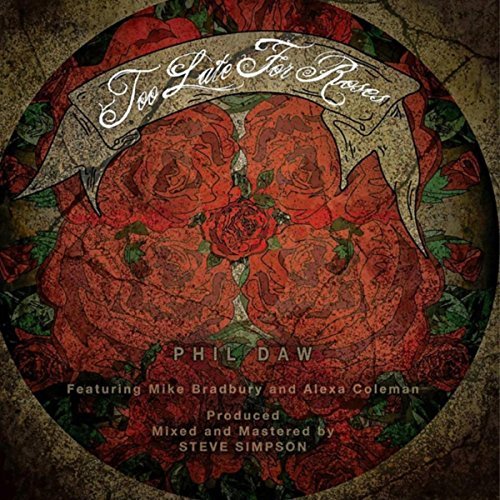
 RSS Feed
RSS Feed




